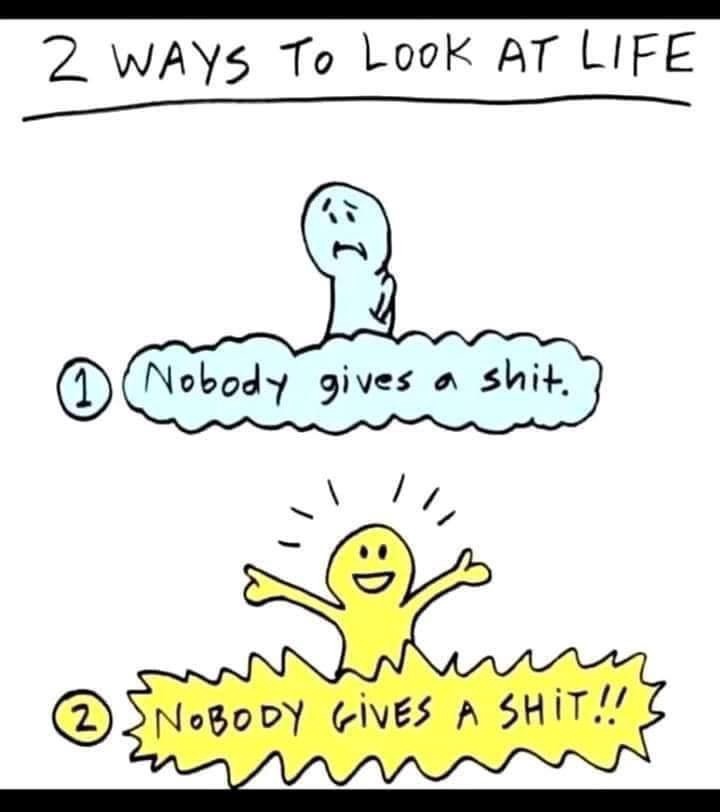Hello all,
The way I see it, the kind of person willing to be an early-adopter is the kind of person with gumption. They’re willing to deal with uncertainty, they’re willing to stake out a claim based on principles, they’re willing to put in a little extra work where it’s needed.
Alight, maybe, maybe not.
But if that sounds like you, I want to recruit you to lead a referendum to switch Ohio or a local government in Ohio to Approval Voting.
If you haven’t heard of Approval Voting before, here it is:
- Vote for everyone you like.
- Most votes wins.
That’s it.
But OH BOY does it fix a lot of problems. Under Approval, it’s always safe to vote for your favorite candidate. With Approval, you can’t submit an invalid ballot. And best of all, Approval voting doesn’t have spoilers.
Approval Voting helps show how much support every candidate in the race actually has, since there was nothing stopping anyone from voting for them. Everyone’s final total represents their approval rating!
If this sounds like a good deal to you, let me know and we can talk about what it would take to switch your elections to approval. If you have any questions, fire away! I’m even perfectly happy to tell you what kinds of problems and limitations approval has, because all voting systems have problems and limitations!
P.S. I couldn’t find any community specific rules and I’m not sure if this counts as advertising or spam per the site rules but if it does let me know and I’ll delete the post.
P.P.S. I do actually live in Ohio, I’m not gonna go around recruiting people for projects in a state where I don’t live.


Yeah that’s a valid concern! The problem of incredibly popular candidates is somewhat self-correcting no matter what decay method you use. To illustrate this, we can take it to the extreme like you did, and use the 1, ½, ⅓, … decay chain for simplicity’s sake.
Suppose literally everyone voted for the most popular candidate. Well, okay, in the next round everyone’s votes count for ½ so the relative popularity of each candidate doesn’t change.
As you lower the popularity of the first winning candidate the few people who didn’t vote for that candidate have twice as much influence in the second round as everyone else. But they’re a small minority, so they’re still going to be fighting against large numbers of people. They might be able to influence who the winner of the second round is, but they’re really going to have to pick between two candidates everyone else likes. The further you lower the popularity of the first winner, well, the less the rest of the population can really be considered a fringe minority.
The reason for the decay chain is fairly simple. If one of the people you voted for got into office, you’ve got some amount of satisfaction already from the results. Your opinion isn’t invalid, but the amount of joy you get from a second representative is less than the amount of joy other people would get from their first representative.